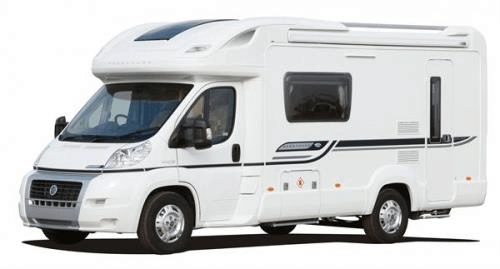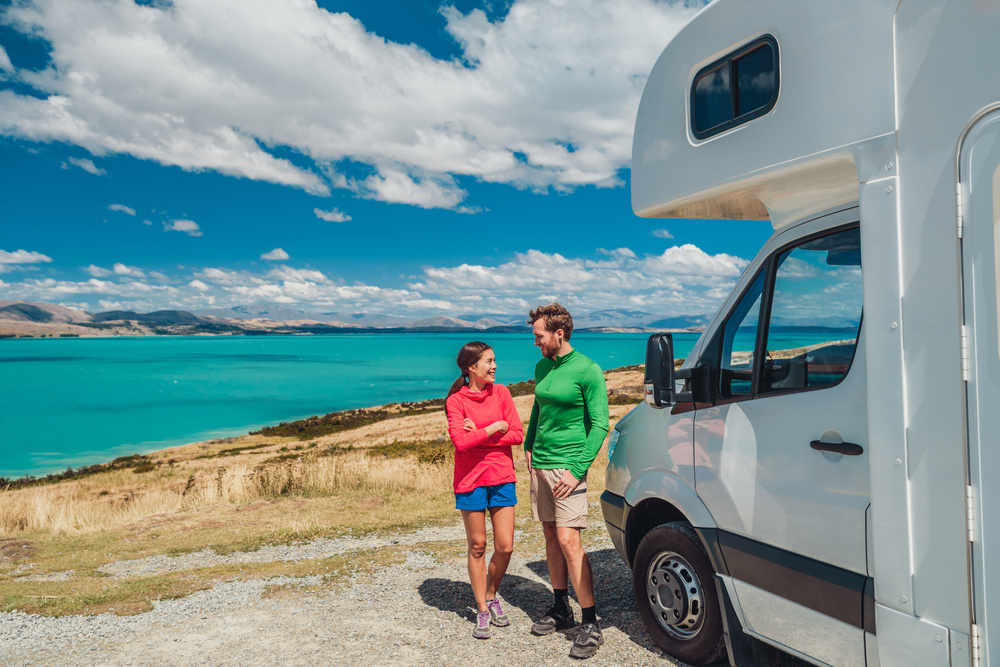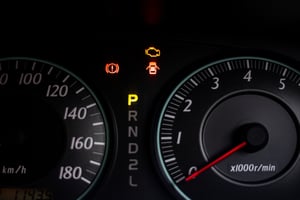To make sure your motorhome remains a safe and comfortable place to be, it’s essential to do...
Owning a motorhome is all about the freedom it provides, and the joy of taking yourself off wherever you fancy. But before you set off on your adventures, you do need to make sure you have the right insurance policy in place, in case of theft, accident, fire, or damage to your motorhome (or indeed another person’s vehicle). The right cover will obviously make sure you are covered legally, however it’s also about protecting your investment and ensuring you’ve got peace of mind if something does go wrong.
So, what should you look for in a good motorhome insurance policy? Let's explore below…
How to get the best policy
Much like with cars, finding the best motorhome insurance starts with shopping around. Not all policies are the same, and the cheapest option isn’t always the best. You do need a specialist motorhome insurance policy, because you are both driving it as a vehicle and using it as accommodation.
It’s a good idea to start by using comparison websites, but don’t stop there - specialist motorhome insurers often provide decent comprehensive cover at competitive rates, so it’s worth looking at insurers individually too.
When comparing policies, it’s important to consider what you really need. If you only use your motorhome occasionally, you may not require the same level of cover as someone who lives in theirs full-time. Think about how far you travel, where you store your motorhome, and what extras (such as awnings) will need protecting, as you should tell the insurer about these upfront.
It’s also worth looking at customer reviews, such as those found on Trustpilot. A policy might seem great on paper, but if the claims process is slow or unhelpful, it could leave you stranded when you need their help the most.
Also, do make sure you get the right type of insurance for your vehicle, be it a campervan or motorhome, as they do differ.

So, as a minimum, what should ideally be included?
A solid motorhome insurance policy should likely cover the following:
Comprehensive cover
This ensures you’re protected against damage to your motorhome as well as third-party claims, fire, vandalism and theft. Third-party insurance is the minimum requirement and only covers the cost for damage or injuries to other people and their vehicle if you were to be in an accident - it won’t cover you or your vehicle, so getting comprehensive cover is usually the best idea.
Out of the UK cover
If you plan to travel abroad, make sure your policy covers you for this. It would be great if it also included breakdown assistance and accident cover for when you are abroad.
Personal belongings
You’ll likely want to cover the contents of your motorhome, so look for a policy that includes personal possessions, including tech and camping equipment. You might already be covered for some of this on your house insurance, so worth checking, if it keeps the premium down.
Windscreen and window cover
A cracked windscreen or window can be costly to repair, so this is often worth including.
Breakdown assistance
Having roadside assistance tailored for motorhomes can save you from being stranded when you’re miles from home.
Lock and key cover
The security of your motorhome is essential, and replacing locks after a break-in, or replacing lost keys can be expensive.
Vermin damage cover
Rodents and other animals can cause serious damage to motorhome wiring, insulation and upholstery. Some insurance policies include cover for repairs caused by vermin, which could be crucial if you store your motorhome in rural locations, or don’t use it that much and it’s left for long periods.
Hire car
This could be a lifesaver if you still need to be on the road, in the event you can’t use your motorhome, so this might be a worthy addition.

What about damp and water damage?
Damp is one of the biggest concerns for many motorhome owners, and not all insurance policies will cover it. Some insurers exclude damp and water ingress, while others will only cover it if it results from an insured event, such as storm damage. To ensure you’re protected for this, look for a policy that includes damp cover - some insurers will offer this, particularly for newer motorhomes.
On this subject, it’s a good idea to get regular habitation checks done, as some insurers may require proof that your motorhome has been professionally inspected for damp to keep the cover valid.
Full cover for European countries
If you plan to travel beyond the UK, try to ensure your policy includes full European cover - the best ones will provide the same level of protection abroad as they do at home. Do bear in mind that some European countries not in the EU might be treated slightly differently.
It’s a good idea to look for a policy that includes unlimited European travel, as some insurers limit the number of days you can spend abroad per year. If you’re a frequent traveller, unlimited cover is probably essential.
Not all standard breakdown policies will assist you in Europe, so a good breakdown policy should cover roadside assistance, towing, and onward travel arrangements, if possible, when you are abroad.
Also, have a think about including repatriation cover, either within your breakdown cover or your insurance - if your motorhome becomes undrivable in another country, repatriation cover ensures it will be transported back to the UK for you.
What else do I need to consider?
The best motorhome insurance policy is the one that matches your specific needs. If your motorhome is brand new or high-value, it’s a good idea to look for new-for-old replacement cover, ensuring you get a like-for-like replacement if it’s written off. If it’s an older model, an agreed-value policy can prevent you from being underpaid in the event of a total loss.
If you use your motorhome a lot, you might like to consider unlimited mileage cover. Some policies cap the number of miles you can drive per year, which might not suit long-distance travellers.
To reduce your premium, put as many security features in place as you can - we’ve written a blog post to help you prevent thefts and break-ins, which you can find here. If you store your motorhome in a secure facility, you might also get a discount - essentially, insurers tend to reward owners who take extra precautions.
Be sure to tell the insurer if you make any modifications, as this could invalidate your policy.
If you aren’t going to be driving a car as well as your motorhome, and if you have a no-claims bonus from a car you'll no longer be using or have sold, you might be able to use it on your motorhome’s insurance policy.

Ultimately, the right policy is one that provides you full peace of mind while offering good value for money. Just take the time to read the small print, ensure you’re covered for every eventuality, and then you can set off on the road with confidence, knowing you’re protected - no matter what happens.







